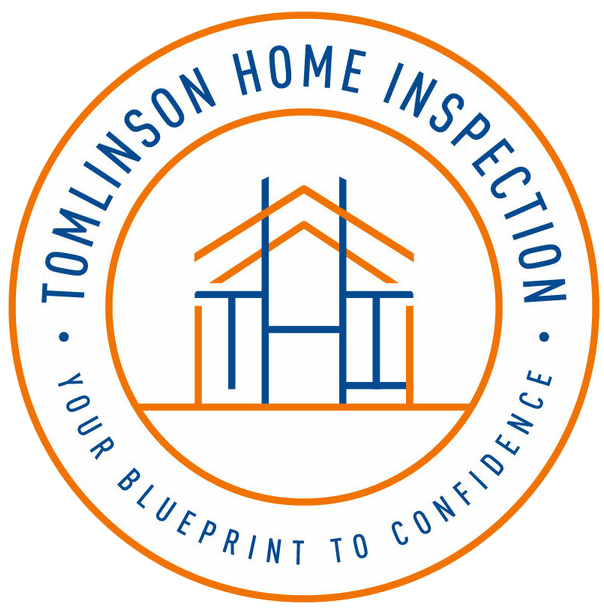Our Services
We conduct our inspections with great care and a firm focus on detail.
Residential Inspections
Single Family and Townhouse
We understand that buying a home represents one of the most significant investments you’ll ever make. Bearing this in mind, we thoroughly observe and document every detail throughout the inspection process.
Condo Inspections
Condo inspections are important for understanding the condition of the unit and common areas. Our inspections offer peace of mind, ensuring transparency in condo transactions.
Pre-Listing Inspections
Pre-listing inspections help sellers identify any issues with their property before putting it on the market. By addressing these concerns upfront, sellers can boost buyer confidence and streamline the selling process.
WDO Inspections
A wood-destroying insect inspection involves examining a property for the presence of termites, carpenter ants, beetles, or other pests that can cause significant damage to wooden structures.
radon testing
Radon testing measures the levels of radon gas in a home or building to assess the potential health risk posed by this radioactive substance, which can accumulate indoors and is a leading cause of lung cancer.
Mold Inspections
Mold inspections are thorough evaluations of properties to identify the presence and extent of mold growth, ensuring a healthy living environment.
thermal imaging/scanning
Thermal imaging (or thermal scanning) measures temperature variations on surfaces within a home or building to identify hidden issues such as moisture intrusion, insulation gaps, electrical hotspots, or air leaks—helping assess the overall energy efficiency and condition of the property.
Frequently Asked Questions
Purchasing or selling a home can often be daunting, but rest assured, we’re here to guide you through what to anticipate during your home inspection.
A home inspection includes checking for any structural issues such as foundation cracks, roof leaks, plumbing issues, electrical wiring, heating/cooling systems, insulation, windows, doors, chimneys, etc. Depending on how big the property is, a home inspection typically takes 2-3 hours.
Ensure all inspection points are free from clutter, including any closets that might lead to a crawlspace or attic, and clearing some space around your home’s perimeter. It’s also important to check the functionality of all built-in appliances, electric, and gas. If you don’t plan to attend the inspection, make sure your inspector has access to the home, and all pets are properly contained or moved.
A home doesn’t pass or fail an inspection. Instead, a home inspection is a thorough audit of your home’s components. In most cases, there will be concerns marked on your home inspection report, but these are strictly informative.
While you can legally skip a home inspection in many cases, doing so could mean you may end up buying a home that has major issues that need to be fixed.
While a home inspector may recommend some minor repairs, they are not qualified to make major repairs. He or she can provide information about what needs to be repaired — and it might be helpful to know that information — but the decision to actually do the work lies solely with the homeowner. Not only does this give you the freedom to choose your contractors, but it also helps prevent a conflict of interest.
A home inspection can affect appraisals for two reasons: 1) The inspector may find something wrong with the property that would lower the value of the home, 2) The inspector may find things that need repair which could increase the value of the home. If the inspection finds issues that require repairs, then the seller has to decide whether they want to fix them themselves, or hire someone else to do it. If the buyer wants to purchase the home, he/she must be willing to pay for those repairs.
